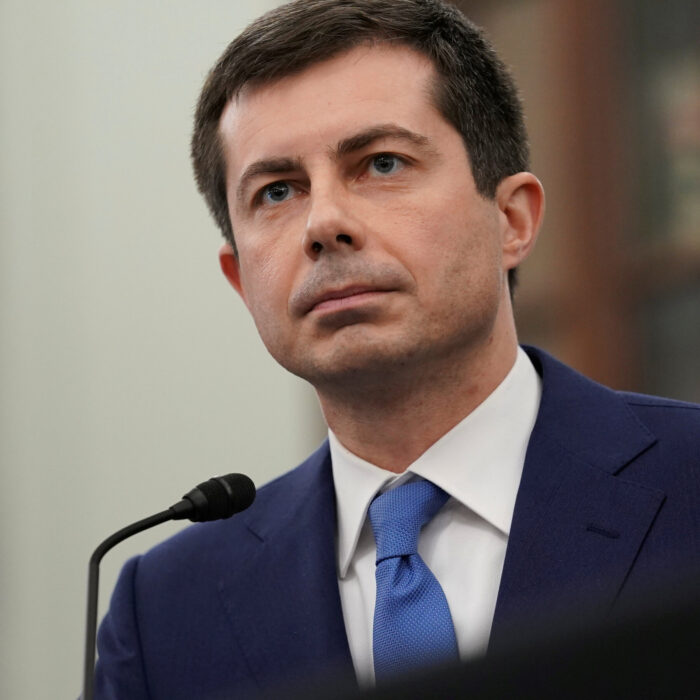In recent discussions, Transportation Secretary Pete Buttigieg has attributed significant weather events and transportation crises to climate change. During an appearance on CBS' "Face the Nation," Buttigieg highlighted how climate change is impacting the transportation system, mentioning severe turbulence on airplanes and extreme weather conditions.
Buttigieg pointed out that climate change effects are already evident, citing examples such as unprecedented heat waves threatening transit systems in the Pacific Northwest and increasingly severe hurricane seasons. He also noted that turbulence has increased by about 15%, which necessitates reassessing our response to these challenges.
However, these comments have sparked criticism from GOP lawmakers and climate analysts. Representative Aaron Bean of Florida, a member of the House Transportation and Infrastructure Committee, accused Buttigieg of politicizing weather and public transit issues instead of addressing real transportation challenges. Bean claimed Buttigieg's comments are out of touch with the concerns of hardworking Americans.
Energy analyst Alex Epstein, author of "Fossil Future," echoed this sentiment, arguing that the secretary's climate policies, rather than climate change itself, are affecting transportation. Epstein criticized the EPA's new pollution standards, which he believes effectively mandate electric vehicles and place undue stress on an already fragile electricity grid.
Additionally, Diana Furchtgott-Roth, director of the Heritage Foundation Center for Energy, Climate, and the Environment, suggested that the increase in recorded turbulence is due to the higher number of flights.
She also argued that halting all fossil fuel use in the United States would have a minimal impact on global temperatures by 2100. Furchtgott-Roth attributed the heightened awareness of in-flight issues to social media and improved connectivity on planes.
In defense of Buttigieg's position, the Department of Transportation referenced a 2019 study published in Nature magazine, which links climate change to increased airline turbulence. The study, co-authored by University of Reading atmospheric science professor Paul Williams, found that clear-air turbulence, generated by wind shear, has become 15% stronger since the 1970s due to climate change. Williams predicted that this trend will continue, potentially doubling or tripling the amount of severe turbulence in the coming decades.
Despite the criticism, Buttigieg's remarks highlight a growing concern about the intersection of climate change and transportation. The debate underscores the need for a balanced approach that addresses immediate transportation challenges while also considering long-term climate impacts.
The ongoing discussion reveals the complexity of the issue and the diverse perspectives on how best to navigate these challenges in the future.


